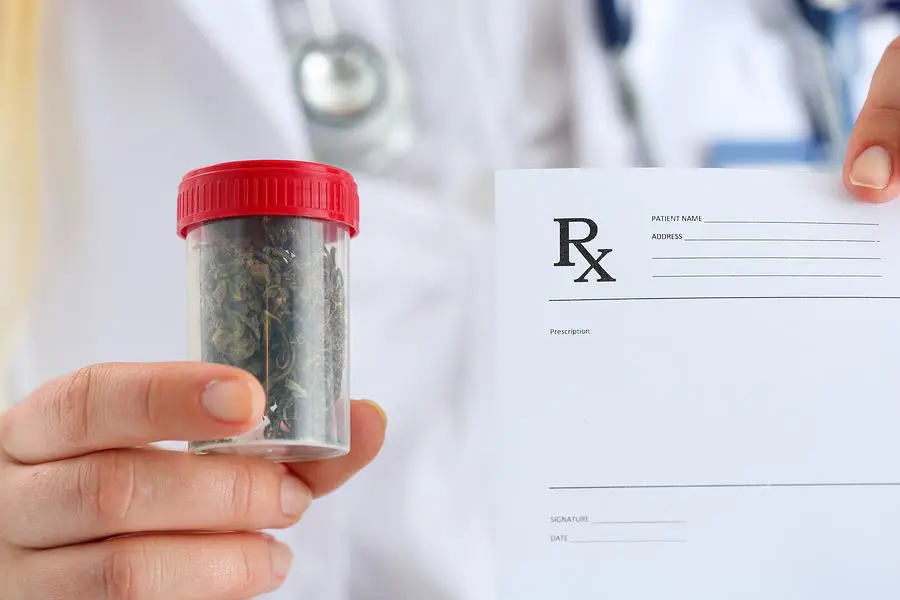The controversy surrounding medical marijuana only continues to grow now that Florida’s Amendment 2 has passed and gone into effect. Amendment 2 became law this January after an overwhelming 71 percent of Floridians voted to pass the amendment back in Nov. 2016. However, that doesn’t mean you can legally light up anytime soon. Even though the Florida Department of Health received orders to figure out how to best implement state’s new constitutional amendment, it could take months to work out the kinks.
Thousands of people across the state could benefit from the ability to use medical marijuana. However, for now, those Floridians remain in limbo as the state attempts to meet the demands of its citizens. Until everyone gets on the same page, innocent patients could end up facing drug possession charges.
What does Amendment 2 do?
The new law protects qualifying physicians, caregivers and patients, along with medical marijuana dispensaries (including their staff) from criminal penalties and civil sanctions for the possession, cultivation and use of marijuana. You should know, however, that the state cannot protect you from federal prosecution since marijuana remains illegal at the federal level.
The state law expanded the number and types of debilitating conditions that could qualify you to use medical marijuana. Those conditions include the following:
- Epilepsy
- Cancer
- Human immunodeficiency virus
- AIDS
- Glaucoma
- Post-traumatic stress disorder
- Crohn’s disease
- Parkinson’s disease
- Amyotrophic lateral sclerosis
- Multiple sclerosis
Other conditions similar to these could qualify you for medical marijuana use if your doctor believes you would benefit from it.
Becoming a patient and purchasing products
A doctor qualified to recommend medical marijuana must diagnose you with one of the conditions prescribed in the law. You will receive an identification card from the Florida Department of Health that allows you to purchase medical marijuana products from one of the state’s licensed dispensaries. Amendment 2 does not allow patients to grow their own marijuana.
Patients under the age of 21 will need a qualified caregiver to purchase products on their behalf. Caregivers will more than likely need to submit to a background check before the Department of Health issues an identification card. Restrictions on the number of patients a caregiver may assist could apply.
What kinds of products are available?
At present, state law allows medical marijuana products to include the following:
- Tinctures
- Oils
- Food
- Aerosols
- Ointments
No one knows yet whether the state will allow for smoking medical marijuana. The Department of Health has months to figure out how the law will work, even though it has already begun issuing ID cards.
Legal entanglements
Until the state finalizes all of the details required to fully implement Amendment 2, many people, you included, could still face criminal drug charges ranging from possession to cultivation. You should also know that the amendment does not allow you to drive while under the influence of marijuana. It also doesn’t require educational institutions or employers to allow you to use medical marijuana at work or school. You also can’t smoke marijuana in public.
If a law enforcement agency arrests you in connection with your medical marijuana use, don’t think that simply flashing your medical marijuana ID could get you out of trouble. You still need to challenge the charges, especially during this critical time when the state has not yet finalized all of the details surrounding the implementation of the law. You could greatly benefit from involving an attorney in your case to help you through this trying time.

